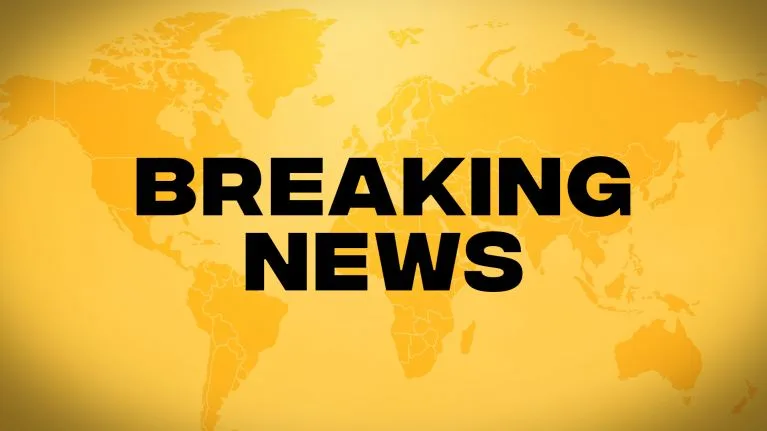Works out at just over €200,000 per player.
The annual release of financial figures from the French Top 14 sides reveals a trend that continues to sky-rocket.
On Monday, The Ligue Nationale de Rugby released the figures through its Direction Nationale d’Aide et de Contrôle de Gestion [DNACG] financial arm.
In total, the league’s 14 teams have combined debt of €33.8 million. Only two sides are operating at a profit – Toulon [€690,000] and Brive [€202,000].
Midi Olympique report that Racing Métro, Castres and Stade Francais are the three clubs most in debt – combining for a €19.7m blotch of red.
The DNACG report also highlights the exploding wage-bill most French clubs are dealing with. In the past decade, Toulon – the league’s biggest spenders – have upped their outgoings from €18m a year to €35m. Just over a third of that is said to be on player wages [€11m] but sponsorship and commercial payments often go to players through different departments so the true figure would be close to €15m.
Toulon have a senior squad of 41 players, 32 of whom are senior internationals. They would also page wages to their academy [espoires] players so their wage bill would be for about 70 men. Toulon’s highest earners are Leigh Halfpenny and Matt Giteau, who both earn in the region of €800,000 a season. They also have the likes of Bakkies Botha, Mathieu Bastareaud and Delon Armitage on their books.
That bill may climb further next season as the club are said to be in talks with Australian out-half Quade Cooper. The Wallabies star may even be in attendance at Toulon’s semi-final against Leinster at Stade Velodrome, on Sunday.
Even the team with the lowest wage bill – thought to be Bernard Jackman’s Grenoble – now pay out €14m a year, up from €2.2m a decade ago.
If you are wondering how the club’s recoup their wage outlays, it would not appear to be from selling season tickets.
Clermont top the season ticket list, on 10,399, followed by Toulon’s 8,921.
Leinster’s highest paid player for next season will be Johnny Sexton, who will reportedly be paid €650,000 gross, with an extra €100,000 coming through commercial and sponsorship deals.
Although Leinster and the IRFU do not reveal player wages, and there is no Irish version of the DNACG, the province’s overall wage bill would be slightly over €10m.


















































